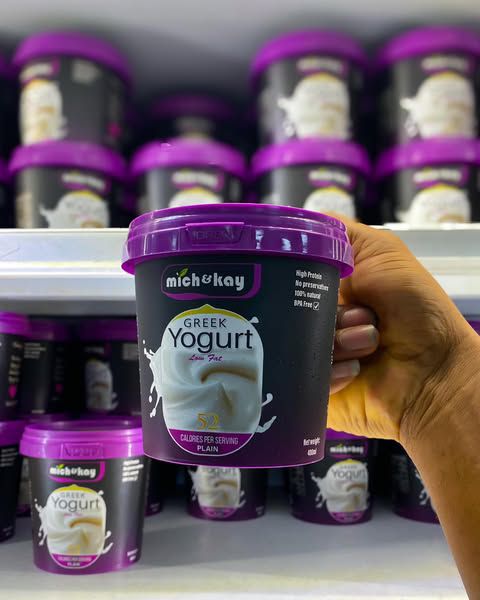Eating out is a part of life sometimes, whether it’s ordering suya from your favourite roadside mallam, eating at an upscale restaurant, or having fast food with your friends.
However, as convenient and pleasant as eating out can be, there are risks involved. Food poisoning is one of the most common illnesses that happens from eating out, and it can happen at any time. Symptoms may range from a few inconveniences to outright sickness, and in extremely unfortunate cases, it can be fatal.
We spoke to Dr. Darlington Amada, who shared practical and medical advice on how to be safe while eating out and what to do if you suspect food poisoning. This information will help you protect your health without sacrificing the joy of eating out.
Food Freshness Matters
When eating out, one of the first things you have to pay attention to is whether the meal served is fresh. Fresh food tastes better and is far less likely to have harmful bacteria. Spoiled or poorly stored meals can lead to food poisoning.
Food stands and restaurants that prepare food in large quantities tend to leave them out for too long before serving. Be vigilant for signs of staleness, such as unusual smell, colour alteration, or odd texture. If the food looks suspicious, trust your instincts and don’t eat it.
Dr. Darlington emphasises that perishable foods like meat, seafood, and dairy must be stored and served properly and at the proper temperature. Cold foods should feel cold, and hot foods should be steaming hot when they arrive at your table. Anything in between is a breeding ground for bacteria.
Hand Hygiene: The First Line of Defence
Your own hygiene is as important as that of the food vendor. Washing your hands before meals reduces the risk of carrying germs from your hands to your mouth. Where soap and water are not available, a hand sanitiser bottle is a smart substitute.
We must also observe how food is treated by the restaurant staff. If the cooks or servers are not wearing gloves when handling ready-to-eat foods, or if the servers are inserting their hands, which may have come in contact with money, into food, it poses a risk of food poisoning.
Cleanliness of Restaurants and Food Vendors
The environment in which your food is prepared tells you a lot about how safe the food at the restaurant is. A grimy restaurant, grubby tables, sticky menus, and dirty restrooms suggest low levels of hygiene, and this applies to the kitchen, too.
Street food is an important part of Nigerian dining culture, but it’s essential to choose vendors wisely. Visit vendors who prepare food in clean, covered areas and use clean utensils. Observe the environment. Are flies hovering around? Is the food covered when not being served? Does the vendor use clean water to wash plates or cups? These are very important details to look out for.
READ MORE: Honey vs. Sugar: Which One Is Healthier for Daily Use?
What To Do If You Suspect Food Poisoning
Even with all precautions, food poisoning can still happen. Catching signs and symptoms early and knowing what to do can be life-saving. Nausea, vomiting, diarrhoea, cramps in the abdomen, and fever are typical symptoms.
Dr. Darlington breaks down practical steps for managing food poisoning at home and when to seek medical help:
Oral Rehydration Is Critical
Food poisoning can cause dehydration due to vomiting or diarrhoea. Replacing the lost water and electrolytes is the initial step. Oral Rehydration Solutions (ORS), which are found in Nigerian pharmacies, are the best for this purpose. In case you do not have ORS, it is easy to make a homemade one by mixing clean water, sugar, and a pinch of salt.
Probiotics and Gentle Foods
Once the vomiting subsides, probiotics will replenish the good bacteria level in your stomach. A natural alternative is yoghurt with live culture. The “BRAT” diet, bananas, rice, applesauce, and toast, is easy on the stomach and encourages recovery. Avoid greasy, spicy, or very rich foods until your stomach settles.
Photo: Live-Culture Yoghurt
Live-Culture Yoghurt
Shop Addas Mall
Medications for Specific Symptoms
Nausea
Mild queasiness is occasionally alleviated with ginger tea or lozenges. If it does not go away, a doctor can prescribe anti-nausea medication.
When to Seek Medical Attention
Most food poisoning cases go away in a few days, but you must never ignore warning signs. Call for immediate medical attention if you have:
-
Recurrent vomiting
-
Prolonged fever
-
Extreme dehydration (dizziness, dark urine, intense thirst)
-
Vomiting or stools containing blood
Dr. Darlington states that such symptoms might mean a more serious infection that needs urgent medical attention.
>
